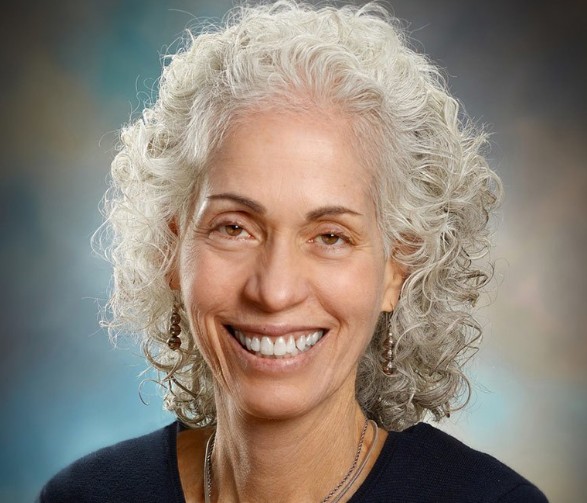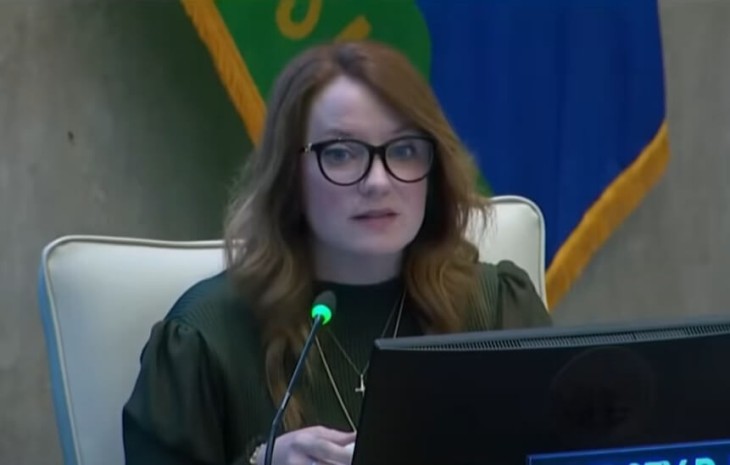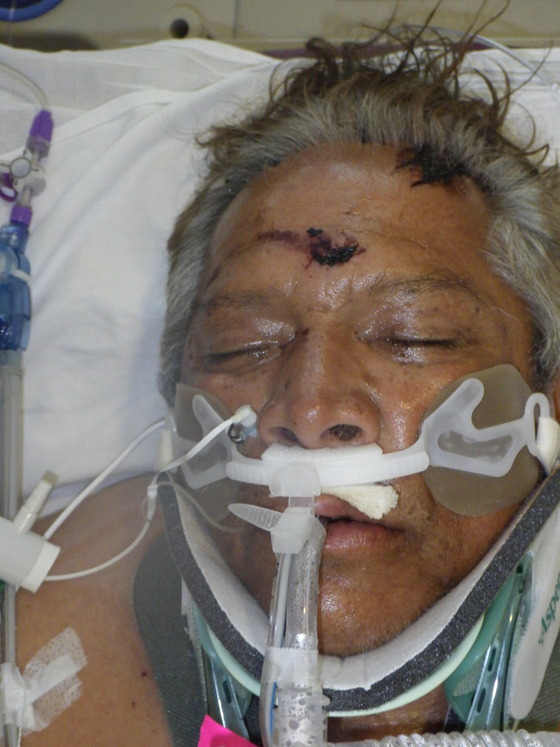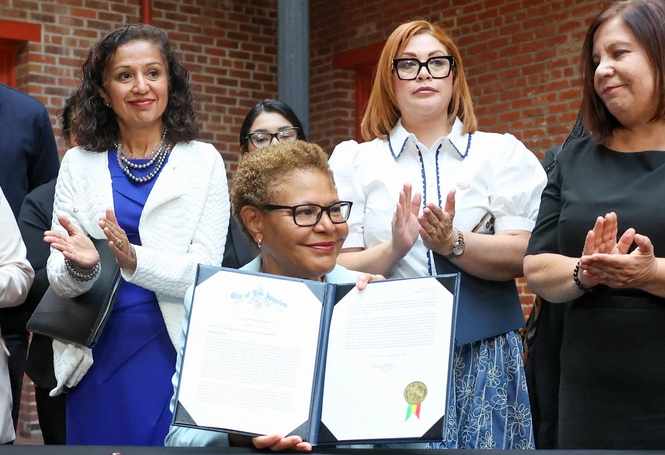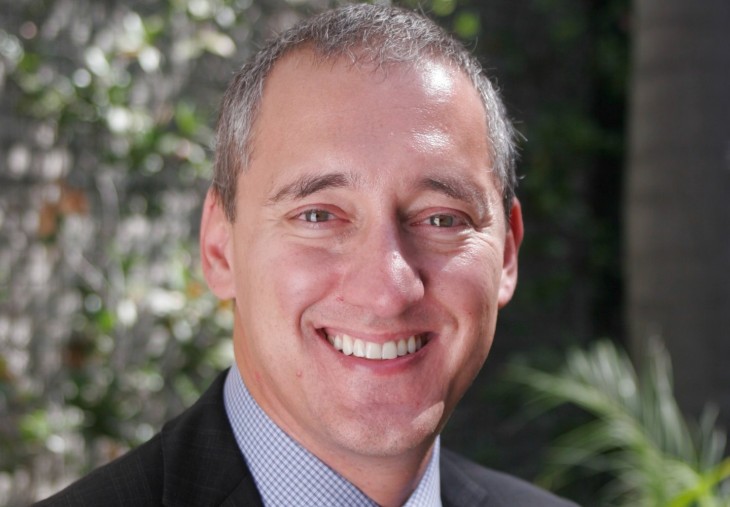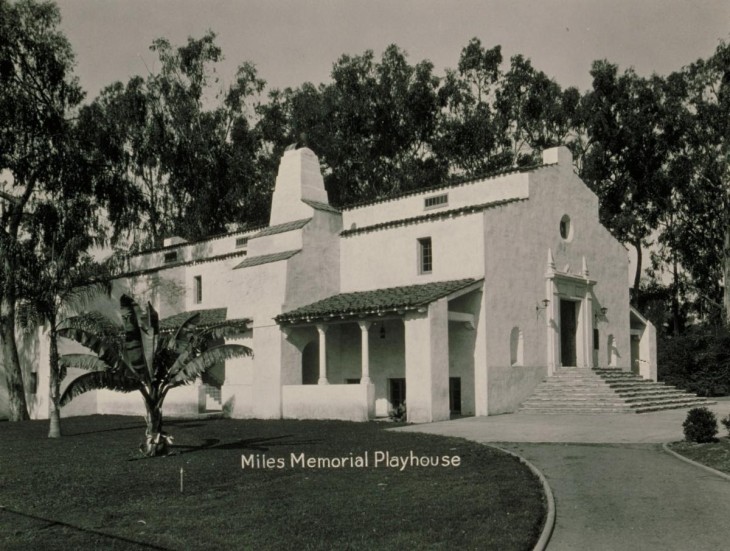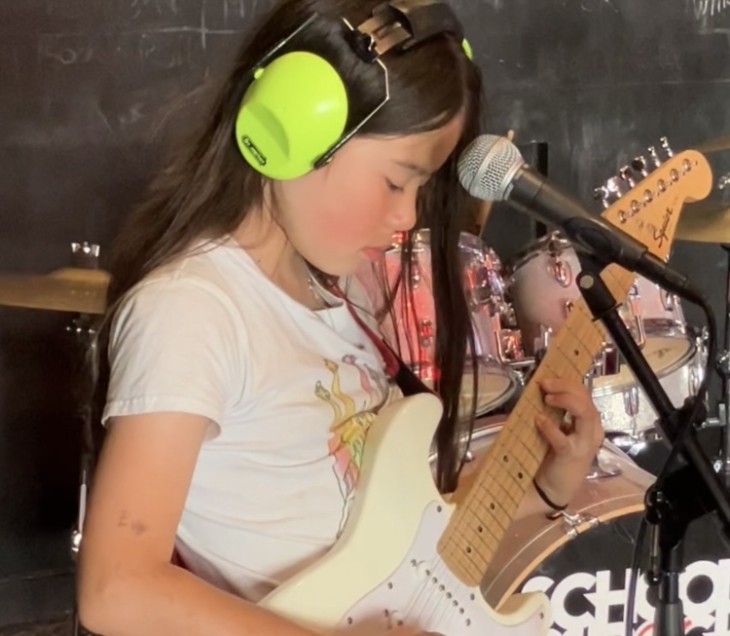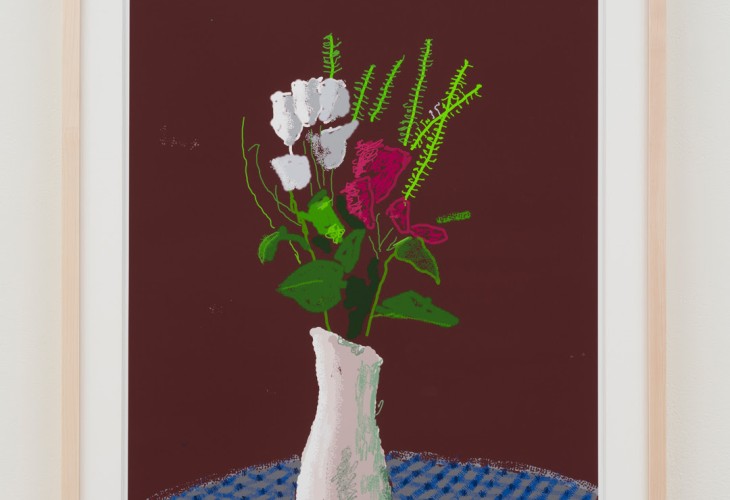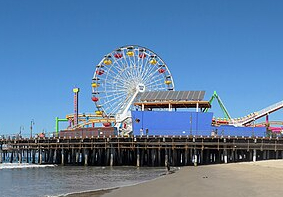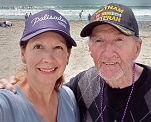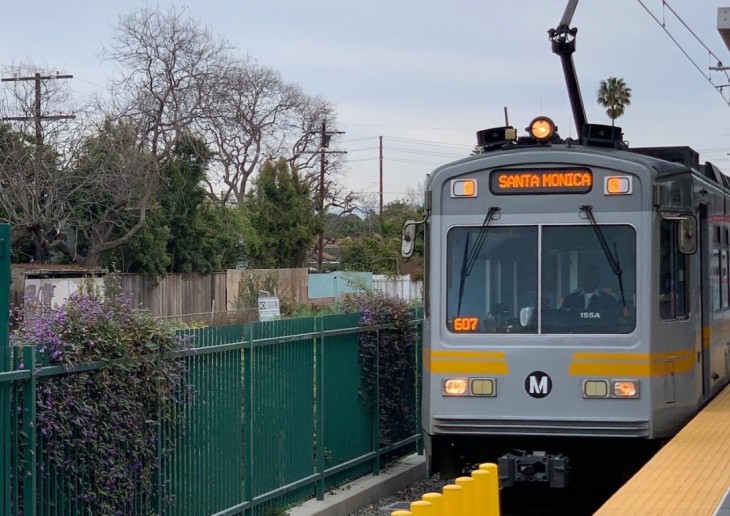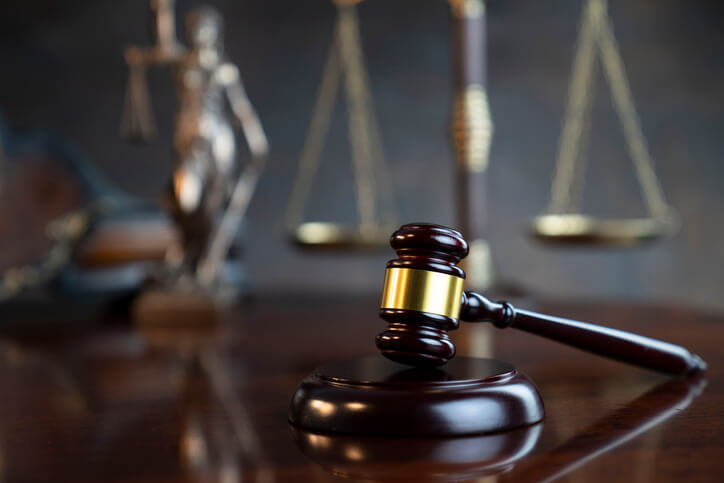Hanukkah, Judaism’s eight-day commemoration of the temple rededication that followed the Maccabees’ victory over a larger Syrian army in 165 B.C., begins at sundown tonight, amid a call to support the #BlackLivesMatter movement.
vsGoliath, a progressive Jewish movement created this year, is asking Jews to add the #BlackLivesMatter hashtag to their menorahs and share photos online.
“Our hearts are broken that in 2014 it is still urgent, necessary and even radical to affirm that #BlackLivesMatter,” according to a statement on its website, vsgoliath.org.
“But it couldn’t be more important to say. Together we can fill our social media networks with light and show our support at this key moment in the long fight for racial justice.”
Once the Jews defeated the Hellenist Syrian forces of Antiochus IV at the end of a three-year rebellion, the temple in Jerusalem, which the occupiers had dedicated to the worship of Zeus, was rededicated by Judah Maccabee, who led the insurgency begun by his father, the high priest Mattathias.
According to the story of Hanukkah, Maccabee and his soldiers wanted to light the temple’s ceremonial lamp with ritually pure olive oil as part of their rededication but found only enough oil to burn for one day. The oil, however, burned for eight days in what was held to be a miracle.
Hanukkah — which means dedication in Hebrew — is observed around the world by lighting candles in a special menorah called a Hanukiah each day at sundown for eight days, with an additional candle added each day. The reason for the lights is so passers-by should see them and be reminded of the holiday’s miracle.
“The most important mitzvah, commandment of Hanukkah, is to ‘publicize the miracle,” said Rabbi Laura Geller, the senior rabbi of Temple Emanuel of Beverly Hills. “That is why we put the Hanukiah, the Hanukkah menorah, in our windows so all who pass by can see.”
Geller said Hanukkah celebrates many miracles.
“It is no miracle (the lamps) burned that first day — the miracle is that (the oil) lasted seven more (days),” Geller said. “So what is the miracle? That even though our ancestors weren’t sure they had enough resources, they lit that first candle anyway.
“It is a miracle and an important spiritual teaching — even when you are not sure you have the strength or the courage, even when you cannot be confident about success, you take a risk anyway, you light that first candle.”
The other miracles are “the Jewish people are still here after all these years, that it is OK to be different, that a small group of people working together and fighting for what they believed in could change the world,” Geller said.
To Rabbi David Wolpe of Sinai Temple in Westwood, “The central lesson of Hanukkah is not a military victory, but the endurance of the idea of holiness and of the Jewish people even in a hostile world.”
Other Hanukkah traditions include spinning a dreidel, a four-sided top, which partially commemorates a game that Jews under Greek domination played to camouflage their Torah study, and eating foods fried in oil, such as potato pancakes and jelly doughnuts.
Children receive Hanukkah “gelt” (the Yiddish word for money) from parents and grandparents. The tradition originated with 17th century Polish Jews giving money to their children to give their teachers during Hanukkah, which led to parents also giving children money.
In the United States, the practice has evolved into giving holiday gifts to children and others. Recently, some people have begun to designate different nights for different kinds of gifts, including giving to a charity as a family, focusing on books or small gifts, Geller said.
Unlike on the High Holy Days of Rosh Hashana, the Jewish new year, or Yom Kippur, the Day of Atonement, observant Jews are permitted to work and attend school during Hanukkah, the only Jewish holiday that commemorates a military victory.

